Treatment Innovations
-
Facebook
-
Twitter
-
Linkedin
Innovations in cancer treatment are transforming patient care by introducing more precise, effective, and less invasive therapies. Immunotherapy, including checkpoint inhibitors and CAR-T cell therapy, has revolutionized cancer care by harnessing the immune system to target and destroy cancer cells.
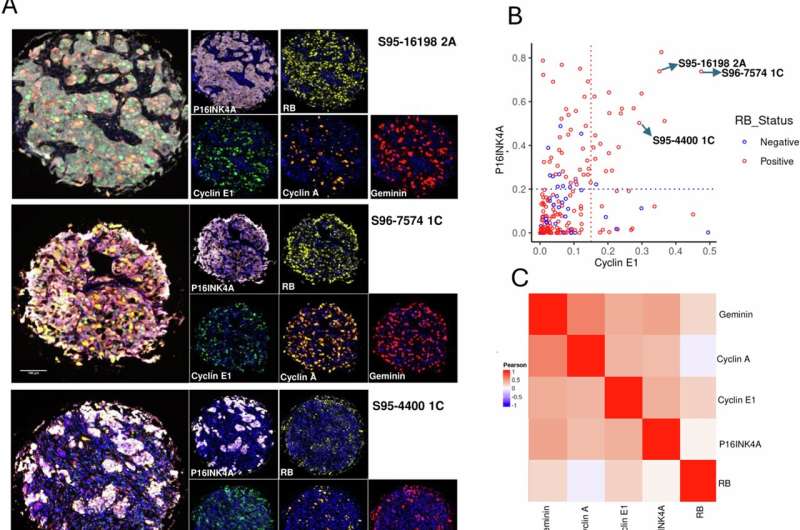
Scientists propose CDK2 enzyme as new target for cancer therapy
An enzyme called cyclin-dependent kinase 2 (CDK2) regulates the cell cycle and may have the potential to drive therapeutic resistance to common breast cancer drugs—including a class of targeted treatments known as CDK4/6 inhibitors.
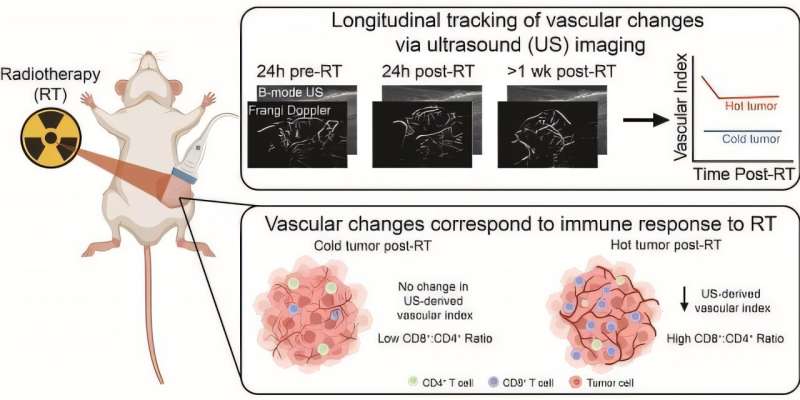
Ultrasound imaging of breast cancer tumors offers noninvasive monitoring of treatment effectiveness
In the ongoing battle against triple negative breast cancer, Vanderbilt researchers have uncovered a promising non-invasive method to track how tumors respond to radiation and immunotherapy, which uses the body’s own immune system to fight cancer.

New light-activated salt treatment targets aggressive breast cancer with precision
RIVERSIDE, Calif. — In the ongoing battle against aggressive breast cancer, light might become an unexpected ally.
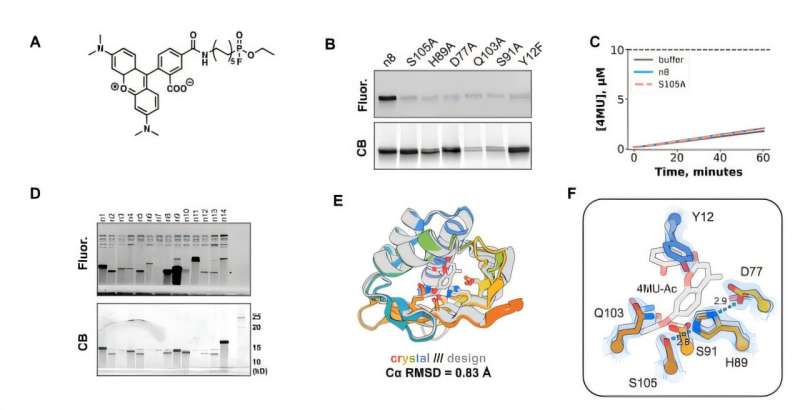
A newly discovered biomarker can predict cancer aggressiveness
Using a new technology and computational method, researchers from Fred Hutch Cancer Center and The University of Texas MD Anderson Cancer Center have uncovered a biomarker capable of accurately predicting outcomes in meningioma brain tumors and breast cancers.

Apple Cider Vinegar’ based the Hirsch Institute on Gerson Therapy, a debunked cancer treatment by the 20th century doctor Max Gerson.
“Apple Cider Vinegar” features a controversial wellness camp called the Hirsch Institute.
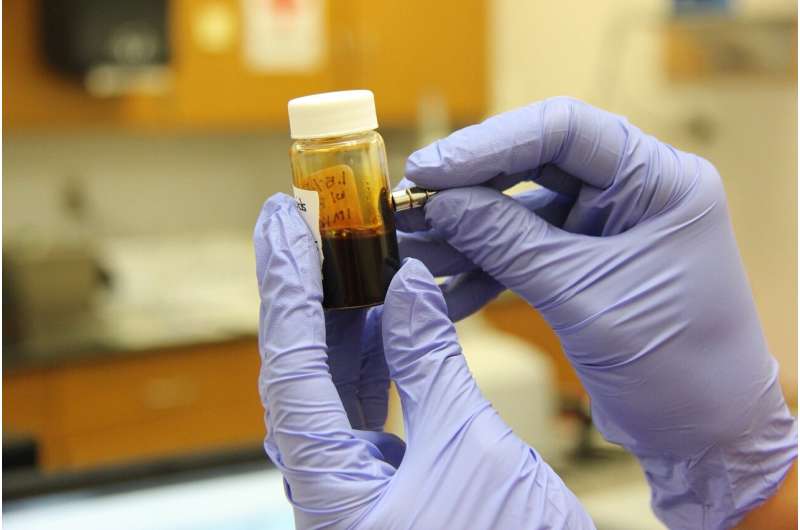
Immunotherapy reduces sunspots by 65% in cancer patients
University of Queensland researchers have discovered immunotherapy, when used to treat people with advanced cancers, also helps reduce sunspots and skin cancers by at least 65%.
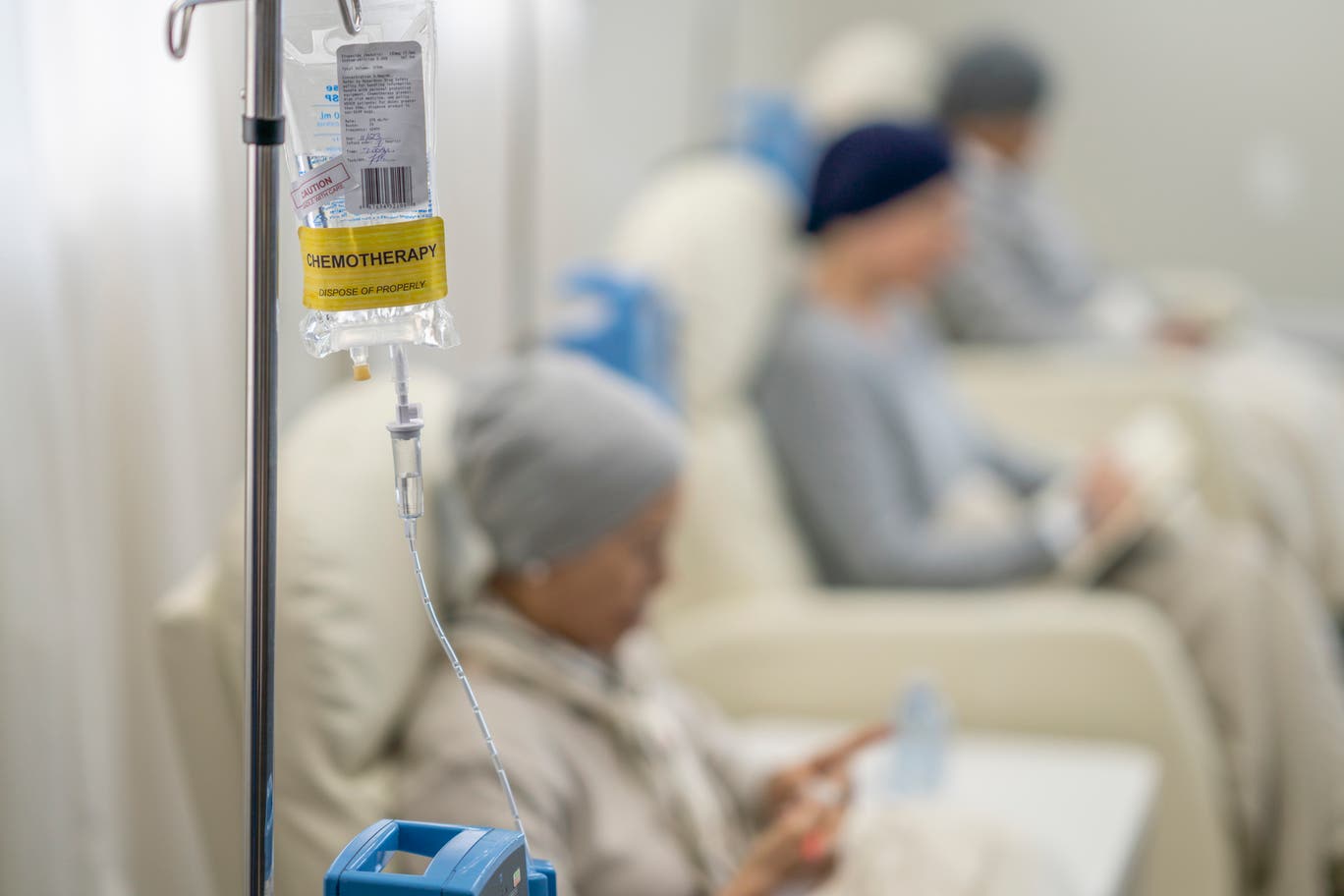
Scientists pave way to stopping aggressive cancers before they spread
Scientists have made a breakthrough in predicting cancer tumour aggressiveness, potentially revolutionising early intervention.

Accenture CEO Julie Sweet’s cancer diagnosis shows how execs should share life-altering health events
In today’s CEO Daily: Diane Brady on how CEOs should handle a cancer diagnosis.
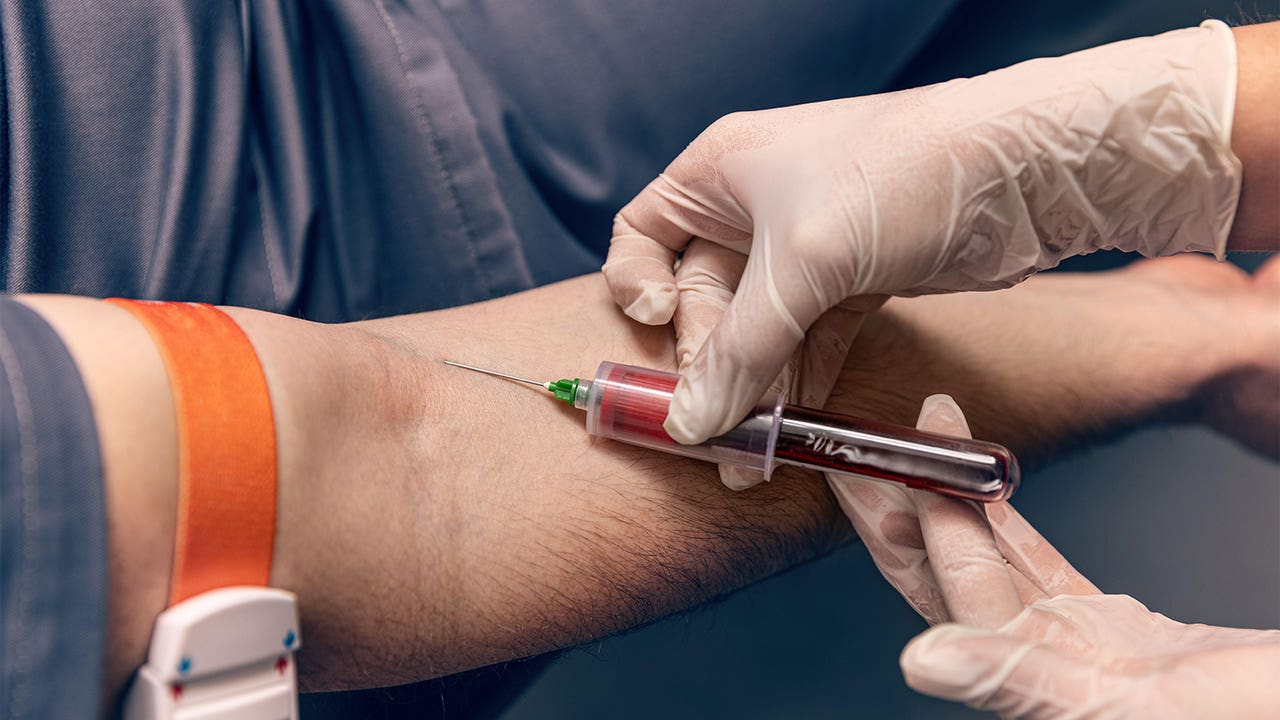
Blood Test for Early Pancreatic Cancer Shows Promise
The blood test achieved high accuracy, with 98% specificity and 73% sensitivity for detecting pancreatic cancer.

Breakthrough: Cancer cells have a molecular ‘switch’ that could be rewired to behave normally
Cancer is sometimes described as the unchecked growth of abnormal cells. It is linked to all sorts of health issues, and doctors have spent years trying to find better ways to tackle it.

Fasting and Cancer: What Does The Science Say?
Fasting has been growing in popularity over the last few decades. This is no surprise considering that there have been several studies that link fasting to longevity.

Innovative molecular therapies target and disrupt uncontrollable growth of cancer cells
wo new studies represent a big step toward developing innovative molecular therapies capable of disrupting the uncontrollable growth of cancers at their roots.
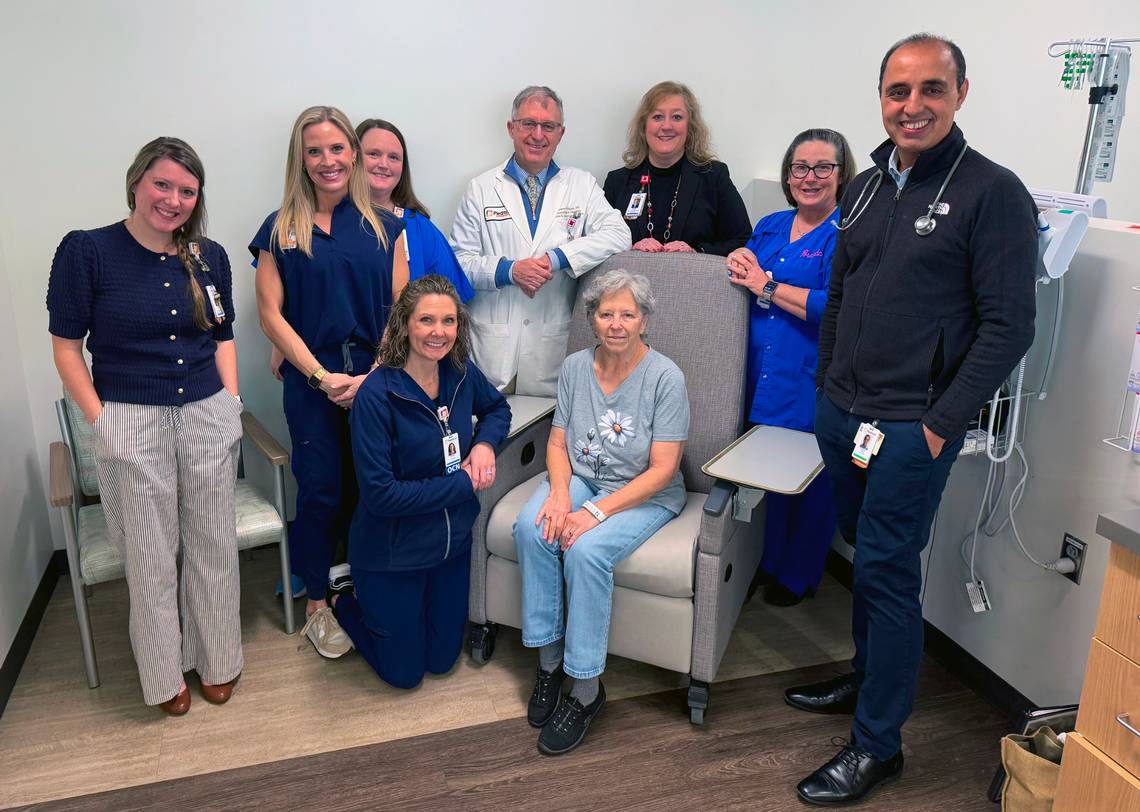
It’s working!’ Columbus cancer center is first in Georgia to administer this new therapy
The treatment, Bi-Specific T-Cell Engager (BiTE) therapy, is showing promising results in U.S. patients with certain types of cancer, including small-cell lung cancer, lymphoma and multiple myeloma. BiTE therapy helps the immune system recognize cancer cells and destroy them.

Urine-Based Test Provides Accurate Testing Option for Advanced Prostate Cancer
The 18-gene MyProstateScore 2.0 (MPS2) test using first-catch non-digital rectal examination (DRE) urine is highly sensitive for grade group (GG) ≥2 prostate cancer and can improve the proportion of biopsies avoided.
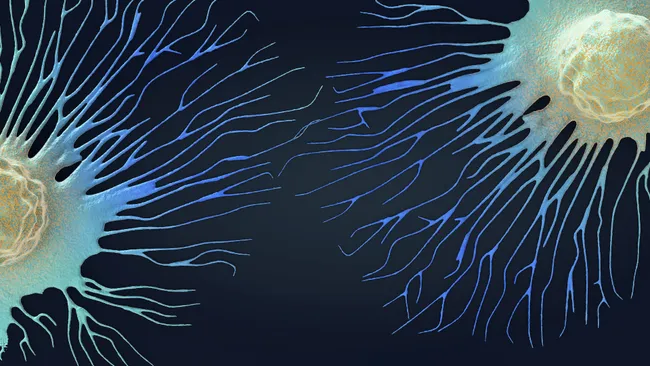
100-year-old heart drug made from foxglove may help ‘dissolve’ clumps of spreading cancer cells
By breaking up clusters of cancer cells, an old heart drug called digoxin may help stop tumors from spreading to other organs, a small trial shows.
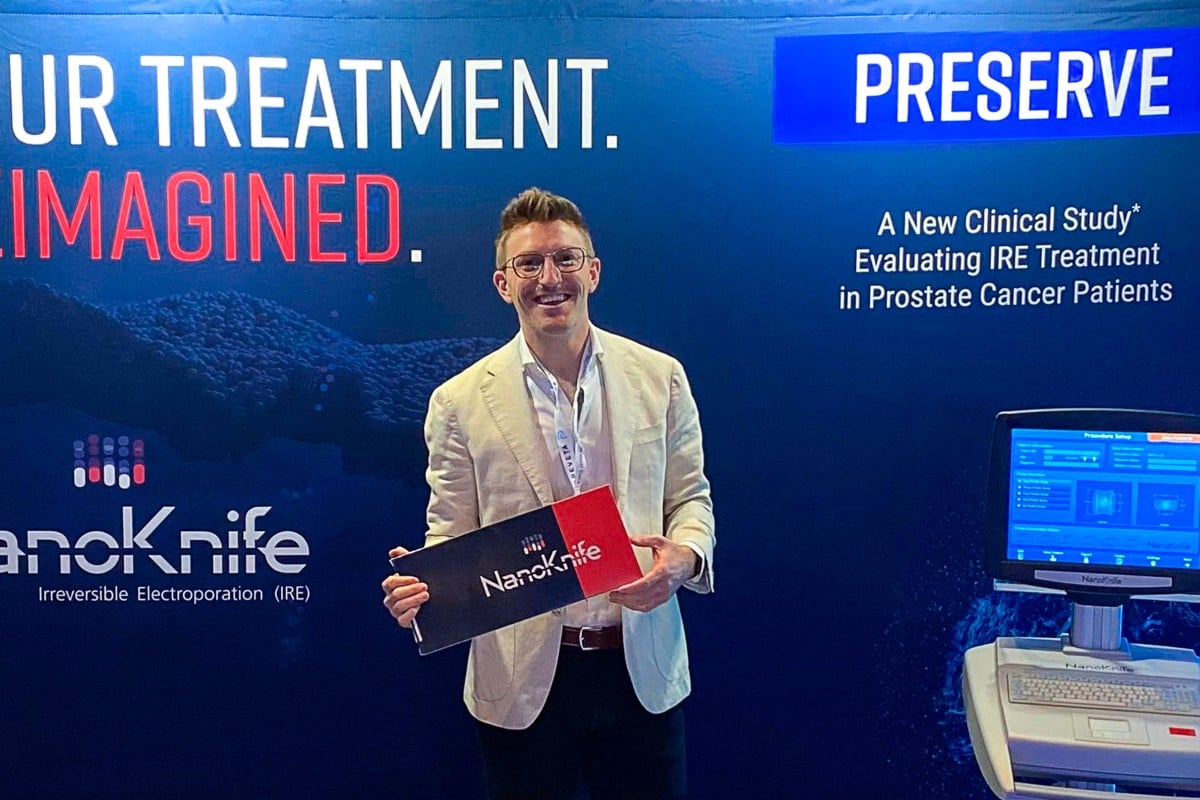
US firm brings new prostate cancer treatment to Hong Kong, cutting risks posed by surgery
An American medical technology firm has introduced a novel treatment in Hong Kong that uses electric pulses to kill prostate cancer cells while minimising the risks of incontinence and sexual dysfunction.

New cancer vaccine could prevent kidney cancer recurrence
A new personalized cancer vaccine has shown encouraging results in preventing the return of kidney cancer after surgery. Researchers at Dana-Farber Cancer Institute tested the vaccine in nine patients with stage III or IV clear cell renal cell carcinoma (a form of kidney cancer).

Efforts to improve cancer research must persist and intensify – opinion
The integration of new technologies and treatment paradigms into the country’s health system each year enhances patients’ quality of life and enables many to manage their illnesses more effectively.
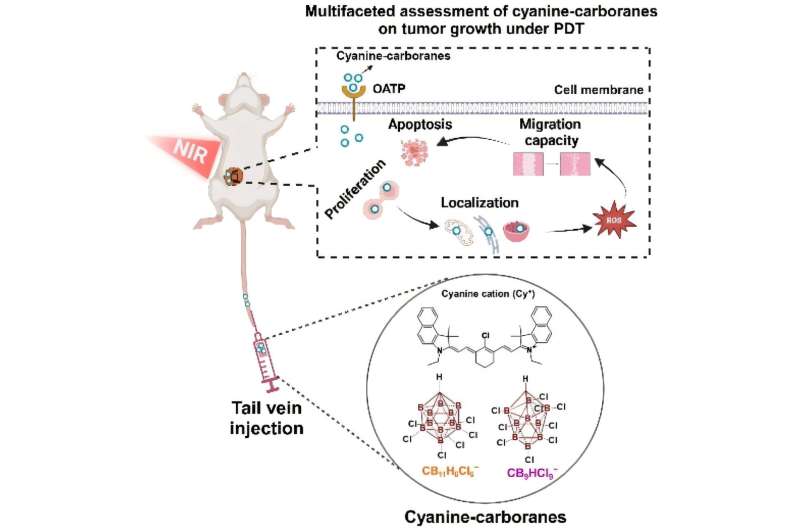
Breast cancer treatment advances with light-activated ‘smart bomb’
Scientists have developed new light-sensitive chemicals that can radically improve the treatment of aggressive cancers with minimal side effects. In mouse tests, the new therapy completely eradicated metastatic breast cancer tumors.

Short-course radiation matches standard therapy for endometrial cancer
In a randomized clinical trial, researchers from Huntsman Cancer Institute at the University of Utah (the U) have found that short-course, higher-dose vaginal brachytherapy for endometrial cancer had similar effectiveness to more frequent, lower dose sessions.
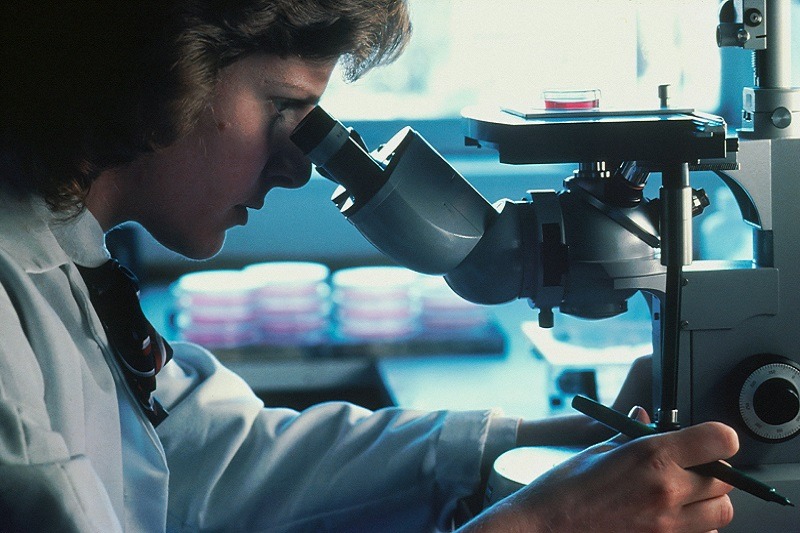
Lilly, AdvanCell to collaborate on alpha treatments for cancer
Eli Lilly (NYSE:LLY) and AdvanCell have agreed to work together on developing alpha therapies for the treatment of cancer.

Pfizer, Astellas Padcev combo shows overall survival benefit in urothelial cancer
A combination of pfizer (NYSE:PFE)and Astellas` (OTCPK:ALPMF) (OTCPK:ALPMY) antibody-drug conjugate Padcev (enfortumab vedotin-rjfv) with Merck`s (MRK) keytruda (pembrolizumab) demonstrated a ustained overall survival and progression-free survival benefit as afirst-line theraphy for urothelial cancer.
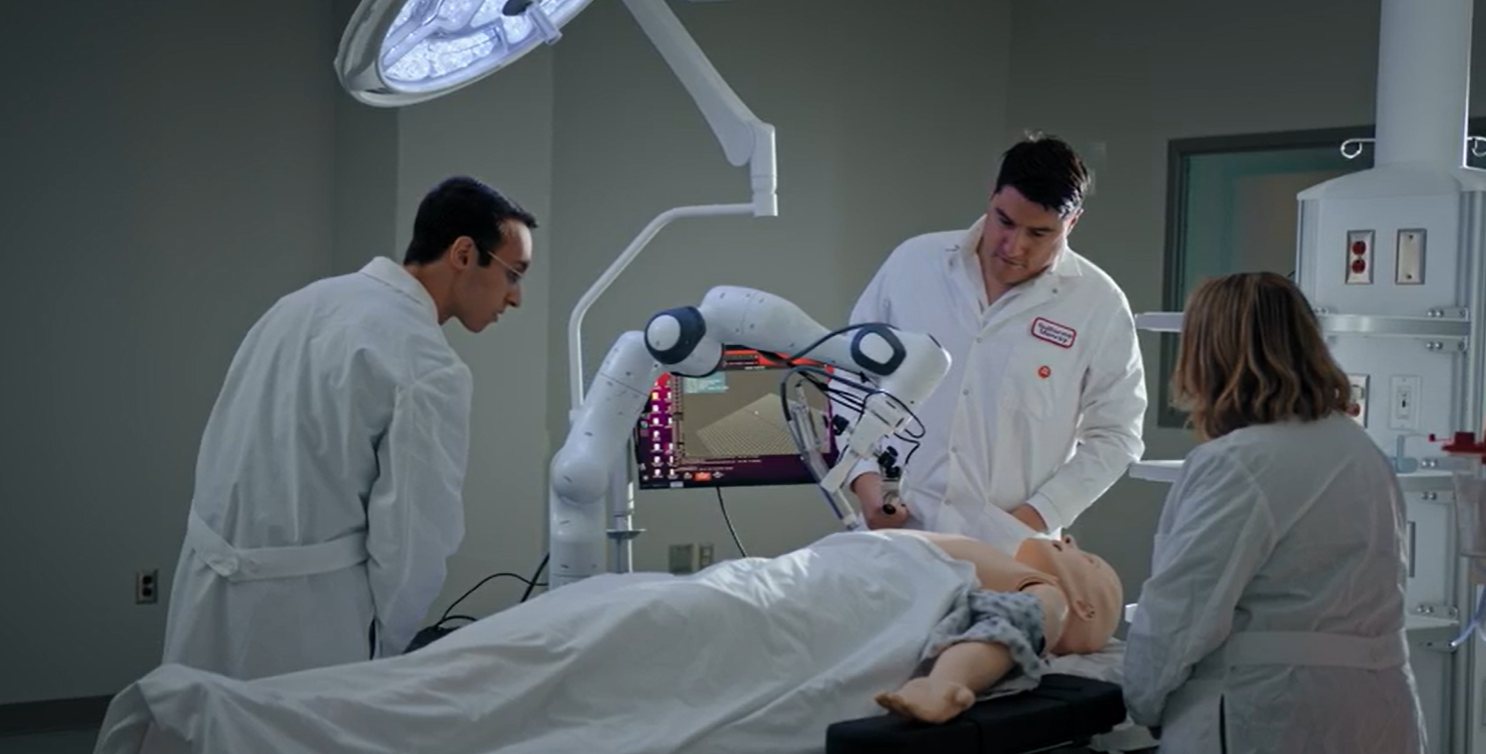
UI researchers develop new imaging tool aiming to lower re-operation rates after cancer surgery
The Margin Diagnostics (MarginDx) project combined imaging technology and other tools to assist doctors during surgeries and ensure all tumor cells are removed. The system collects an “optical biopsy,” similar to an ultrasound, but uses light instead.

Advanced cancer treatment coming to Greeneville Community Hospital thanks to $1M from Niswonger family
REENEVILLE, Tenn. (WJHL) — A $1 million donation from Scott Niswonger and his family will bring an advanced cancer treatment center and new technology to the Greeneville Community Hospital.






